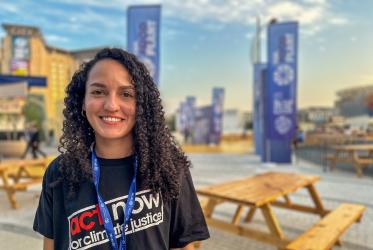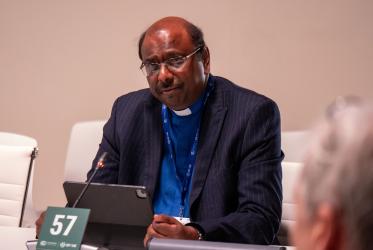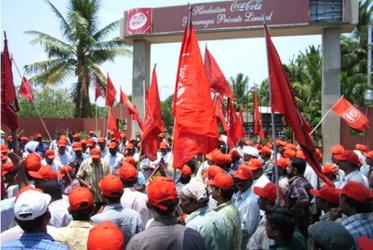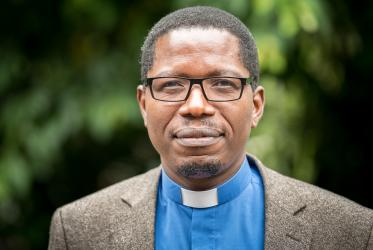Displaying 1 - 20 of 20
What can churches do to prevent modern slavery?
22 February 2024
At COP28, WCC general secretary hopes for “less talk and more walk”
01 December 2023
Pandemic and pedagogy: what are the valuable lessons?
21 December 2022
Groundwater is “a political question”
27 April 2022
No room at the inn
26 December 2020











